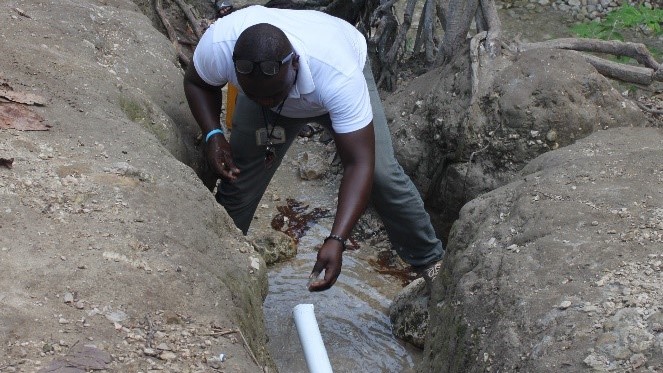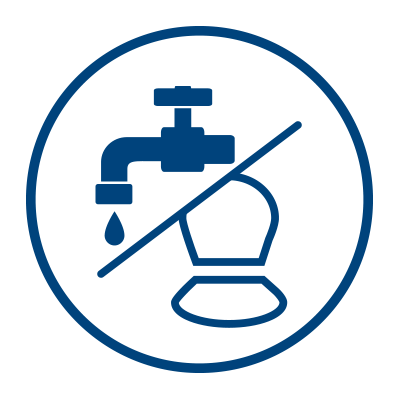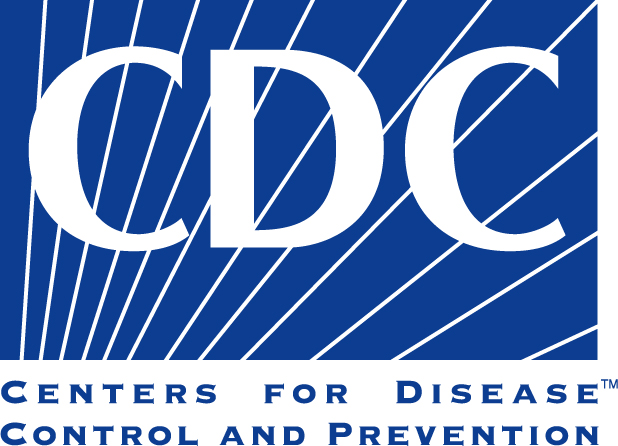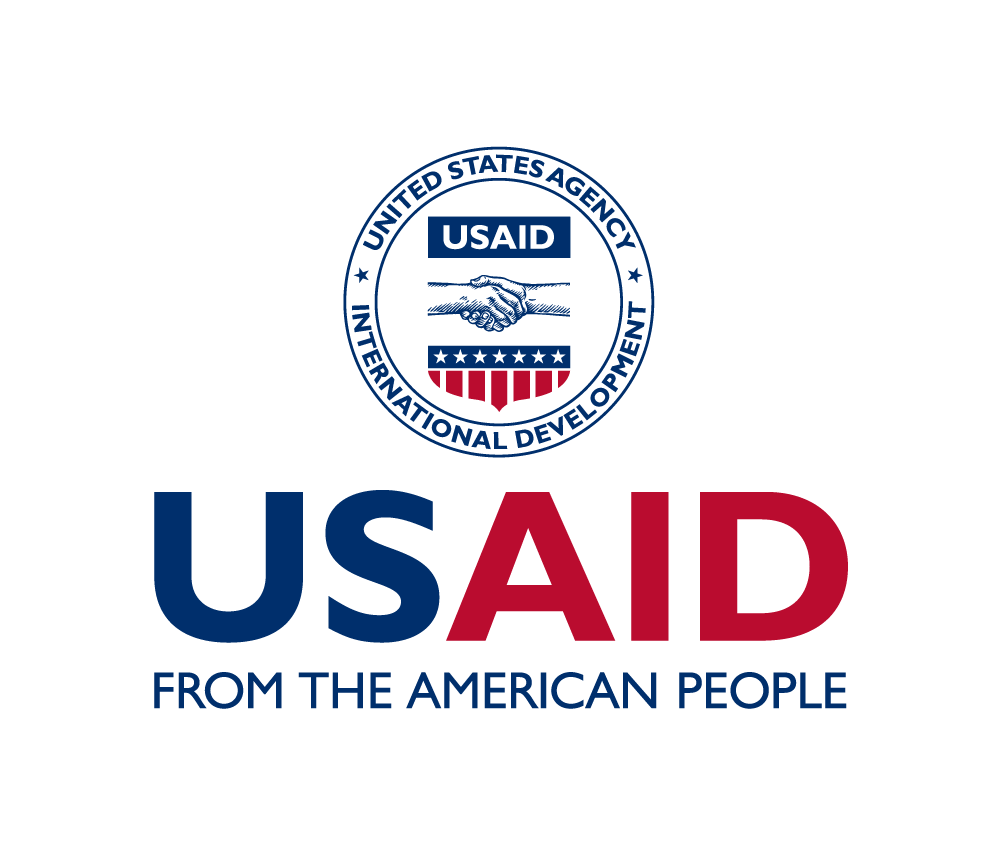Deploying WASH Technicians to Improve WASH Services

The Story
The Centers for Disease Control and Prevention (CDC) has been working with Haiti’s National Potable Water and Sanitation Directorate (DINEPA in French) to improve drinking water quality in Haiti's rural areas. This work, which began after the start of the cholera outbreak in Haiti in 2010 and continued through 2018, is aligned with the Global Water Strategy Strategic Objective 1: to increase sustainable access to water, sanitation and hygiene (WASH) services, as well as Strategic Objective 4: to strengthen water sector governance and institutions.
Haiti has the lowest water and sanitation coverage in the Western Hemisphere, with rural areas having the greatest need. A critical factor affecting DINEPA’s efforts to address WASH issues was the absence of trained staff working in rural areas. With technical assistance from CDC, DINEPA trained and deployed more than 200 WASH technicians, known as TEPACs, to work with rural communities outside of metropolitan Port au Prince to improve drinking water quality. In addition to routine work, the TEPACs have proven valuable in emergencies. After Hurricane Matthew greatly damaged southern Haiti in 2016, the Government of Haiti, donors, and other partners relied heavily on the TEPACs to identify and access areas of need and facilitate response activities. In 2018, CDC and other donors joined forces to continue funding the TEPAC program throughout Haiti.
Strategies for increasing drinking water disinfection in rural areas included interventions at both community and household levels. At the community level, CDC provided DINEPA with 100 locally manufactured chlorination systems and 31 metric tons of high test hypochlorite (HTH) in 2018 for use with existing and newly constructed chlorination systems for rural drinking water. In addition, CDC has continued to work with DINEPA to improve reporting on functionality and disinfection of rural drinking water systems, in order to target technical assistance and improve WASH-related decision-making. At the household level, CDC established a public-private partnership with a manufacturer in Port au Prince to develop a locally produced dilute chlorine solution for household water treatment and storage, and with several NGOs to develop distribution and marketing chains for this product. CDC also provided technical assistance to DINEPA to develop a National Household Water Treatment and Safe Storage Strategy, which is currently being implemented.
CDC support for improving drinking water quality has also included specific studies to examine access to safe water in areas most heavily affected by cholera, evaluate the quality of water being sold by private vendors and kiosks in Port au Prince, assess the effectiveness of point of collection chlorination systems installed on hand pump wells, and analyze if Haiti’s only public wastewater treatment facility was operating as designed.
Find More
Strategic Objective(S)
 Access to Safe Drinking Water and Sanitation
Access to Safe Drinking Water and Sanitation
 Governance and Financing
Governance and Financing




Highlight